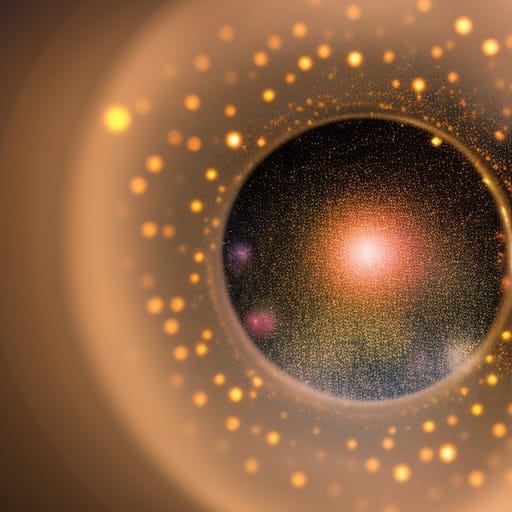(follow-up to 2003/07/27)
Scientists observe the following phenomena:
- Based on observations of supernovae, galaxies are known to be moving farther away from each other in the universe.
- The farther away the galaxy is from us, the greater the red shift in the light from that galaxy. Similar to the Doppler effect, the faster the galaxy is moving away from us, the greater the wavelengths of light are shifted towards the red side of the electromagnetic spectrum. This means that the farther away the galaxy is from us, the faster it is moving away from us.
- The farther away the galaxy is from us, the more time it takes for light to travel, before it arrives for us to observe. Therefore, the greater the distance travelled, the farther back into history we are observing.
Based on these observations, scientists theorize that the universe has been expanding. Extrapolating back in time, the theory projects that in the distant past (13.7 billion years ago +/- 200 million years), the universe must have been very compact and incredibly hot and dense. This is the Big Bang theory.
They also conclude that the expansion of the universe has been accelerating.
I don’t understand how they can arrive at that conclusion.
If at greater distances, we observe greater red shift, this means that farther back in time we observe higher velocity of expansion. In other words, as time moves forward, the velocity of expansion decreases. Wouldn’t elementary physics tell us that the expansion of the universe is actually decelerating – NOT increasing in velocity?
